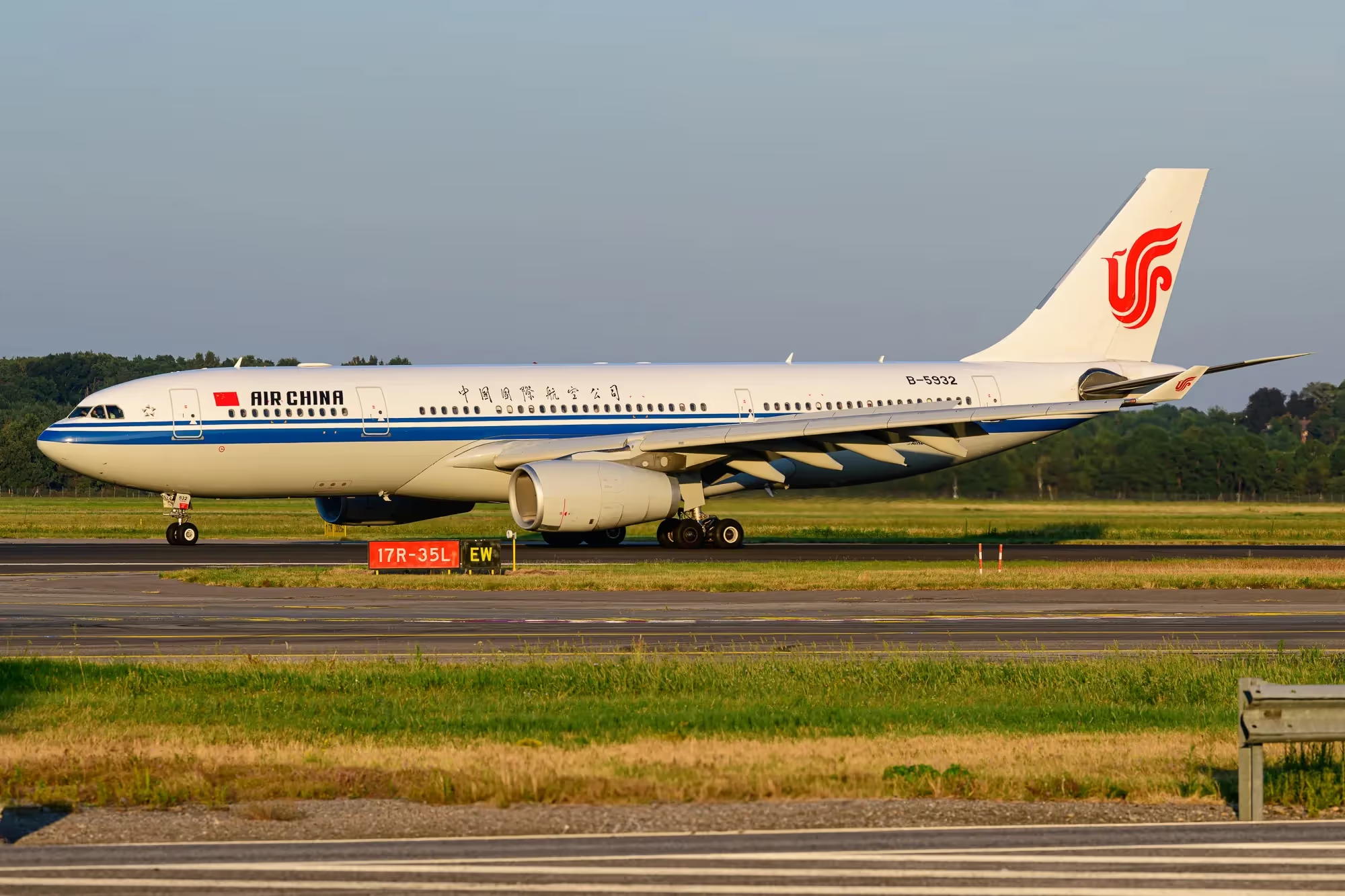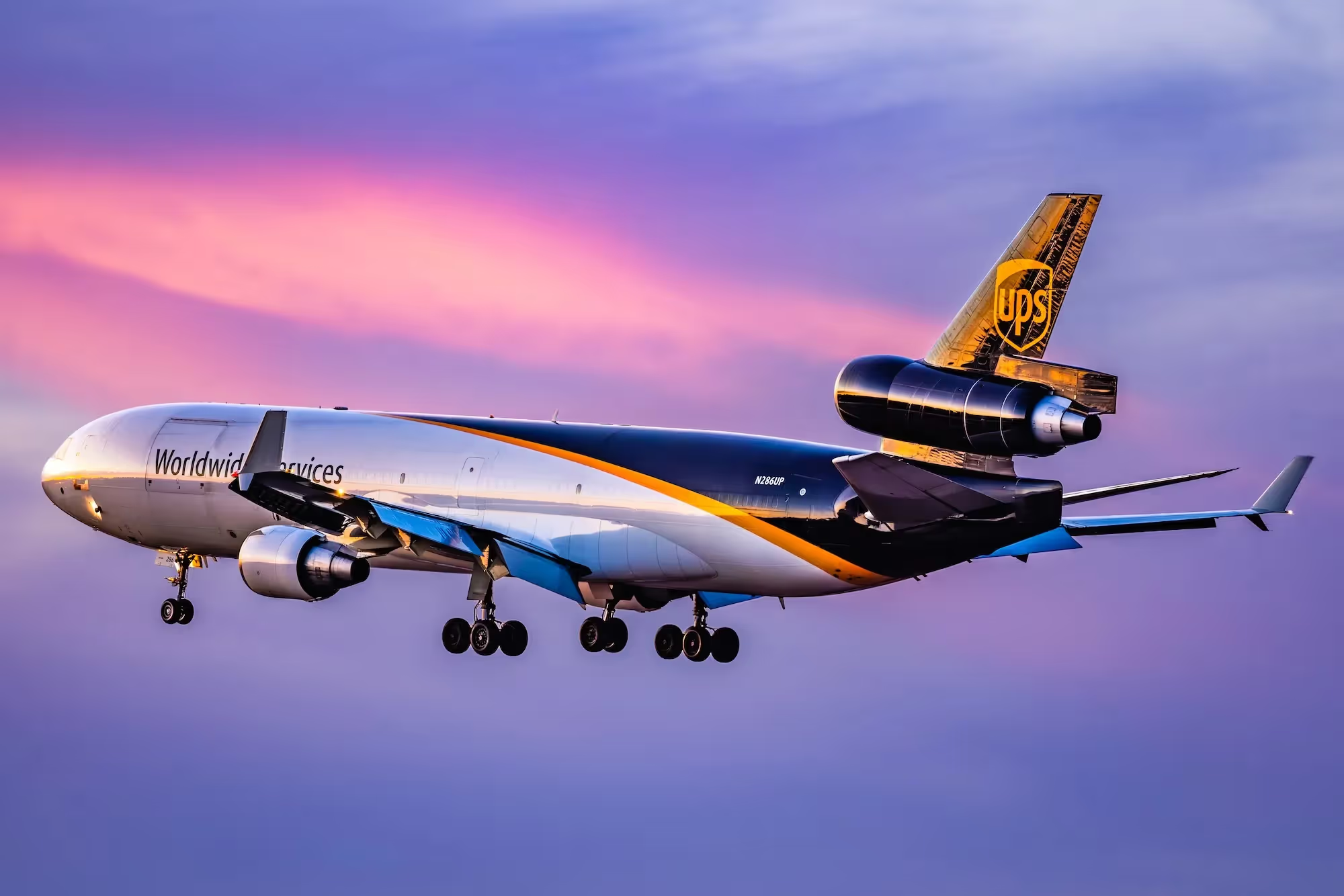DALLAS — airBaltic (BT), Latvia's national carrier, began the next chapter with the official resignation of long-standing CEO Martin Gauss on April 7, 2025, which follows a decision by the airline’s shareholders and Supervisory Board.
The move, which appoints Chief Operations Officer Pauls Cālītis to the position of Interim CEO, comes amid a tumultuous moment for the carrier defined by widespread flight cancellations, engine shortages, political pressure, and further delays to the company’s long-expected stock market listing.
Leadership Transition After 13-Year Tenure
Martin Gauss, who has been at the helm of BT since 2011, is credited with turning around the airline into one of the fastest-growing hybrid carriers in Europe. Under his tenure, BT took delivery of the Airbus A220-300 as the only fleet type, rebranded itself with a twin business model of scheduled operations and wet lease, and added over 70 destinations from bases in Riga, Tallinn, Vilnius, Tampere, and Gran Canaria.
Andrejs Martinovs, Chairman of the Supervisory Board, commended Gauss's “leadership, dedication and vision,” a strong basis for the airline’s future. Gauss departs at a time of organizational stress, with BT still dealing with the fallout of engine maintenance woes and positioning for a public offering that has been pushed multiple times since its initial 2020 target.
Taking on the interim role is Pauls Cālītis, a longtime BT hands-on pilot who he started with the airline in 1995; he has held several senior leadership positions, including COO since 2020. In his initial comments, Cālītis reaffirmed the company’s commitment to maintaining operational continuity and pursuing strategic growth and said that “the airline is fully prepared to ensure stability, continuity and further development.”
Mounting Operational Challenges
A recent decision by BT to cancel 4,670 flights during its 2025 summer season due to ongoing engine maintenance on its Airbus fleet significantly disrupted its schedule. The issue originates from Pratt & Whitney’s geared turbofan (GTF) engines, which have revealed a powder-metal contamination problem resulting in a global shortage of spare units. BT was forced to act preemptively, with more than ten aircraft grounded during peak travel months.
The cancellations sparked public anger and invited political scrutiny. Latvia’s Minister of Economic Affairs had called for Gauss’s resignation in early January, a rare public criticism that drew a response from the CEO. Gauss defended the airline’s approach and blamed politicians for hurting the company with ill-informed remarks. “I’m not a politician; I’m a successful airline CEO,” he said in a national TV interview, adding that the political rhetoric over BT had grown sharper as elections approached.
Despite the protests, BT told passengers it would offer full refunds or alternative travel for canceled services. Riga Airport, a key BT hub, said the cutbacks would directly lower revenue projections.

IPO Delayed Again as Strategy Shifts
airBaltic had intended to launch its IPO in 2020 but was forced to delay multiple times, first by the pandemic and then by the war in Ukraine. Gauss said in January 2025 that the IPO remained possible in the year's second half but that 2026 had become a more realistic goal. “We will do this at the right time… so not just to do an IPO,” he said, speaking at the Growth Frontiers Dublin conference.
The airline has set out to become the first significant European airline to list since Wizz Air (W6) floated a decade ago. However, Gauss noted that investor appetite for airline IPOs is still tentative. He also said BT was looking for a strategic partner ahead of the appointment of one that shares its growth vision.
Its Supervisory Board Chair, Klāvs Vasks, said the airline was under financial pressure from bond obligations and negative equity from the pandemic. Vasks warned that more government funding might be needed without private capital being raised. Gauss, though, insisted he wouldn’t go back to the state for more money, preferring money from other countries.
The carrier also, in January, extended a long-term wet lease agreement with Lufthansa for three more years, fueling speculation that an eventual stake by the German group in BT was possible. That speculation was partially validated when Lufthansa Group revealed intentions to buy a minority investment, with the deal set to close in Q2 2025.
Continuing Amid Uncertainty
Although it still faces operational challenges, BT is the largest carrier in the Baltic region and operates one of the youngest fleets in Europe, with 50 A220-300 aircraft that are now poised to fly Australia.
In early 2025, it also became the first European airline to offer high-speed SpaceX Starlink internet free of charge throughout its fleet, a move that showcases the airline's consistent thrust for passenger experience innovation despite relatively stringent economic headwinds.
Following Gauss’s exit, Interim CEO Pauls Cālītis is tasked with steering the airline amid continued disruptions while maintaining its IPO bubble intact. The leadership shakeup is likely intended to offer a new chance to reset the airline’s messages and soften its public image.
This the second CEO ousting today. Spirit Airlines (NK) CEO Ted Christie also stepped down from his position as CEO of the American low-cost carrier today.
Stay connected at every stop along your journey! Get any Saily mobile data plan at 5% off with the code AIRWAYSMAG5 + up to 5GB free!



.avif)
.avif)
.avif)
.avif)
.avif)





.avif)